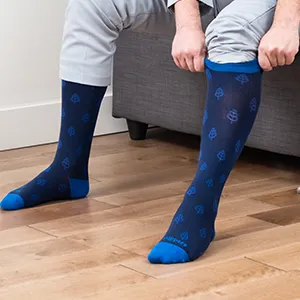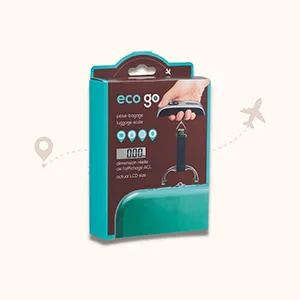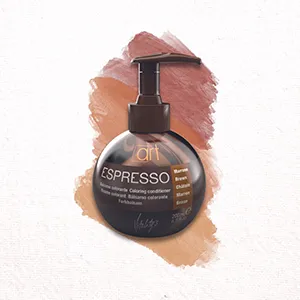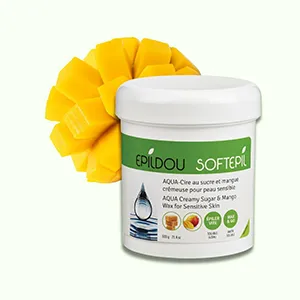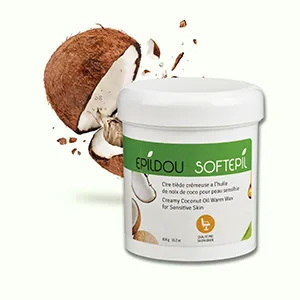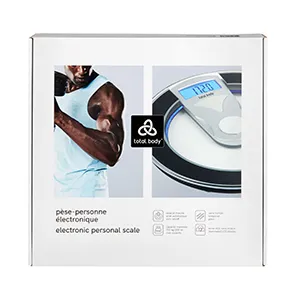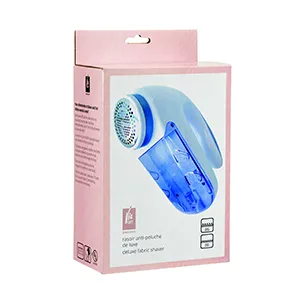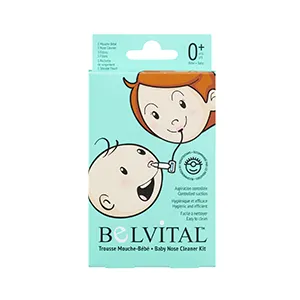November 25, 2022 Natural Relief for Crohn’s and Colitis Symptoms

For the nearly 300,000 Canadians living with Crohn’s disease or colitis, finding relief from physical symptoms and pain can be tricky. As November is Crohn’s & Colitis Awareness Month, we thought we would take this opportunity to discuss some home remedies and things you can try for natural relief.
What are Crohn’s disease and colitis?
Crohn’s and colitis are the two main forms of a group of conditions known as inflammatory bowel disease (IBD). Both Crohn’s disease, which was named after the doctor who first described it, and colitis involve an inflammation of the lining of the gastrointestinal (GI) tract. According to Crohn’s & Colitis Canada, Crohn’s and colitis “disrupt your body’s ability to properly digest food, absorb nutrition, and eliminate waste in a healthy manner.” Common symptoms include abdominal pain, cramping, severe diarrhea, blood in the stool, rectal bleeding, weight loss, and a diminished appetite.
How do Crohn’s and colitis differ?
Crohn’s disease can affect any part of the GI tract but usually causes inflammation in the lower part of the bowel and upper colon. On the other hand, colitis is more localized in nature, typically affecting the colon causing inflammation in the inner lining of bowel tissues. Moreover, symptoms, treatments and medications, and disease complications can also differ from one disease to the other.
Living with Crohn’s or colitis
Unfortunately, the exact cause of Crohn’s and colitis remains unclear. As such, no cure has yet been found but people living with either disease will often go through periods when they have no symptoms (remission) and periods where symptoms flare up. Both Crohn’s and colitis can be controlled with medication. Always consult your doctor before taking any medication and to establish a proper treatment and pain management plan.
Finding natural relief
As Crohn’s and colitis are lifelong diseases, it’s important to find ways to help with your pain management. Here are a few soothing things you can try for natural relief or to prevent future flare ups.
 1. Keep a food journal
1. Keep a food journal
As you know, different foods can trigger symptoms and abdominal pain. While there is no “Crohn’s diet,” keeping track of what heals and harms your stomach in a food journal can be helpful. You can also try eating four to six small meals during the day, avoiding greasy foods, reducing your dairy intake, and staying clear of high-fibre foods. Basically, listening to your gut and learning to identify and avoid trigger foods can help you manage pain and other symptoms.
 2. Exercise
2. Exercise
A 2019 study found that stress often aggravates digestive issues in children and adults with IBD. And a great stress reliever is, you guessed it, exercise! The endorphins released during exercise are a serious mood booster and help reduce pain perception. People with Crohn’s should try lower impact aerobic exercises such as yoga, swimming, or brisk walking.
3. Try probiotics
Probiotics are microorganisms that live in our bodies. A healthy gut is home to trillions of these living microorganisms, which help with digestion and inflammation. As such, it may be beneficial for people with IBD to add probiotics to their diets as a supplement or through foods that contain them naturally. These include yogurt, buttermilk, tempeh, miso, sauerkraut, Kimchi, and brewer’s yeast. But beware, the research on the efficacy of probiotics in managing IBD is encouraging but inconclusive. So always consult your healthcare provider before adding probiotics to your diet or treatment plan.
4. Meditate
If you suffer from IBD, meditation and mindfulness can be very effective ways to reduce stress, anxiety, and depression, manage pain, and improve your quality of life. Studies have shown that people who engaged in mindfulness training also reported an improvement in gastrointestinal issues.
5. Sip on bone broth
While bone broth dates back to prehistoric times, it has recently gained in popularity for its many health benefits. In addition to packing loads of important vitamins and minerals, it is easy to digest and may also help you digest other foods. Recent studies argue that drinking bone broth can thus be beneficial for people suffering from digestive issues, particularly colitis and Crohn’s.
6. Heating pads or warm compress
One of the most effective pain management remedies is heat. If pain is caused by inflammation, as is the case with Crohn’s or colitis, applying a hot pad, warm compress, or heating pad can provide instant relief. Our best-selling Magic Bag hot compress is the perfect companion. Flexible and comfortable, it easily moulds to your body and can be heated up in the microwave for speedy comfort.

Living with Crohn’s or colitis can be challenging. These simple yet effective tips and tricks can help provide natural relief when symptoms strike. Remember to always speak with your doctor about treatments and pain management. And to help soothe abdominal pain and inflammation, try our comfortable Magic Bag hot compresses. Get yours today.




